Introduction:
In recent years, few technological innovations have captured the imagination and transformed industries quite like blockchain technology. Originally devised as the underlying technology for cryptocurrencies such as Bitcoin, blockchain has evolved into a versatile and disruptive force with the potential to revolutionize countless sectors. In this blog post, we'll embark on a journey to explore the intricacies of blockchain technology, its applications, benefits, and future prospects.
Understanding Blockchain Technology:
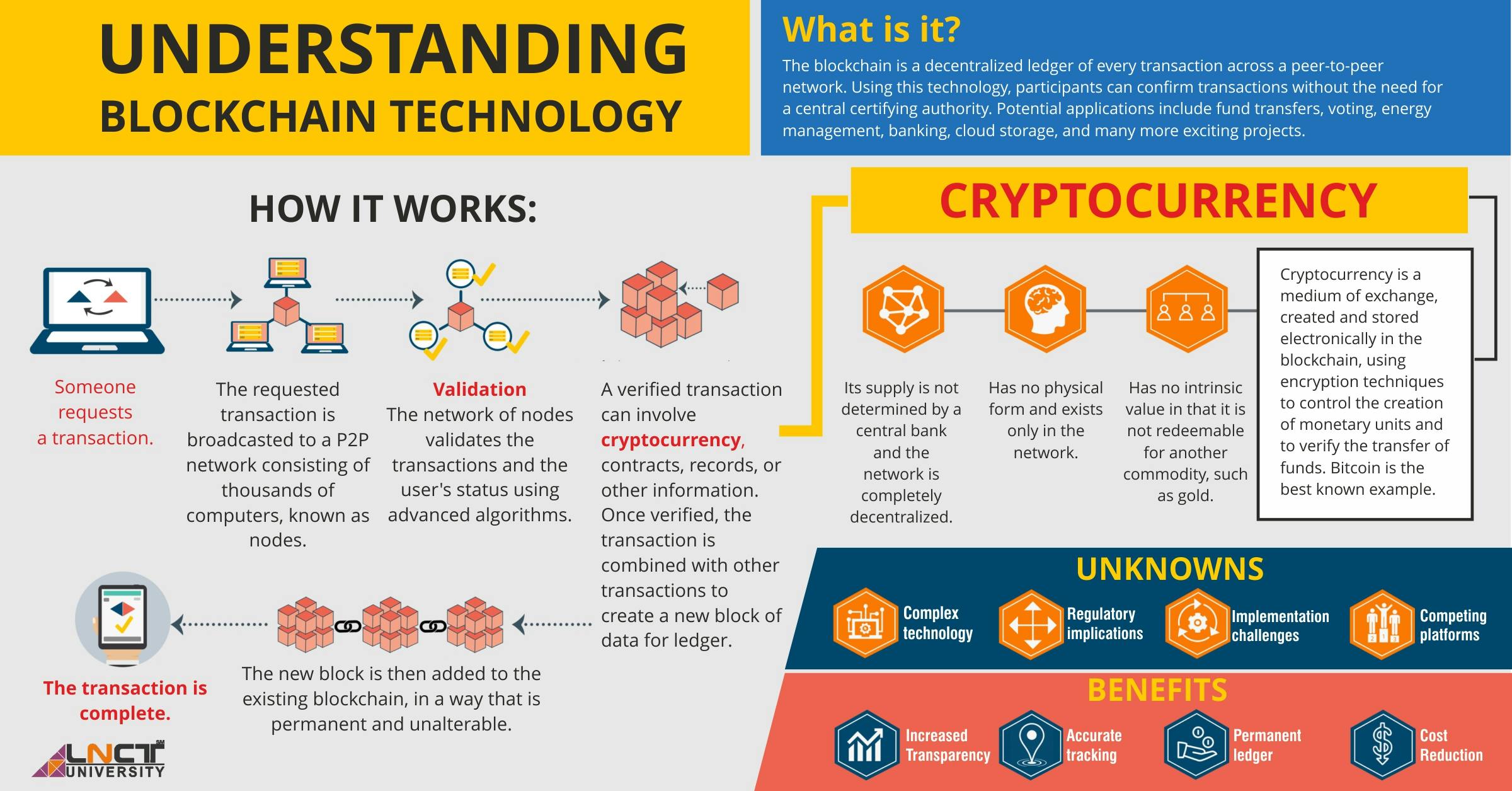
At its core, blockchain is a decentralized, distributed ledger that records transactions across a network of computers in a secure and immutable manner. Each block in the chain contains a cryptographic hash of the previous block, creating a chain of blocks linked together chronologically. This structure ensures transparency, security, and trust, as transactions cannot be altered or tampered with once they are recorded on the blockchain.
Applications of Blockchain Technology:
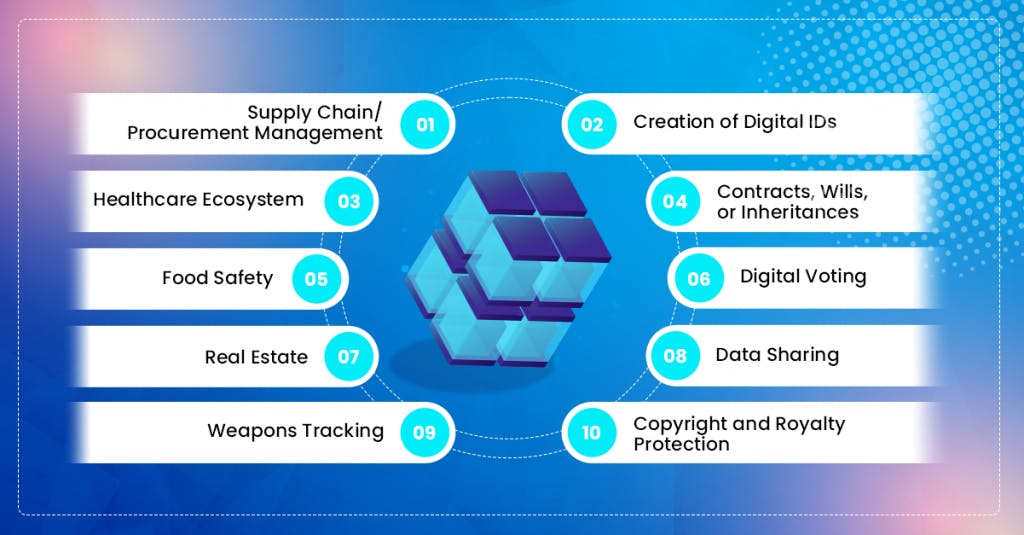
While blockchain technology gained prominence as the backbone of cryptocurrencies, its applications extend far beyond digital currencies. From supply chain management and healthcare to voting systems and intellectual property rights, blockchain is being leveraged to streamline processes, enhance transparency, and eliminate intermediaries. Smart contracts, self-executing contracts with the terms of the agreement directly written into code, further expand the potential of blockchain technology by automating complex transactions and reducing the need for intermediaries.
Benefits of Blockchain Technology:
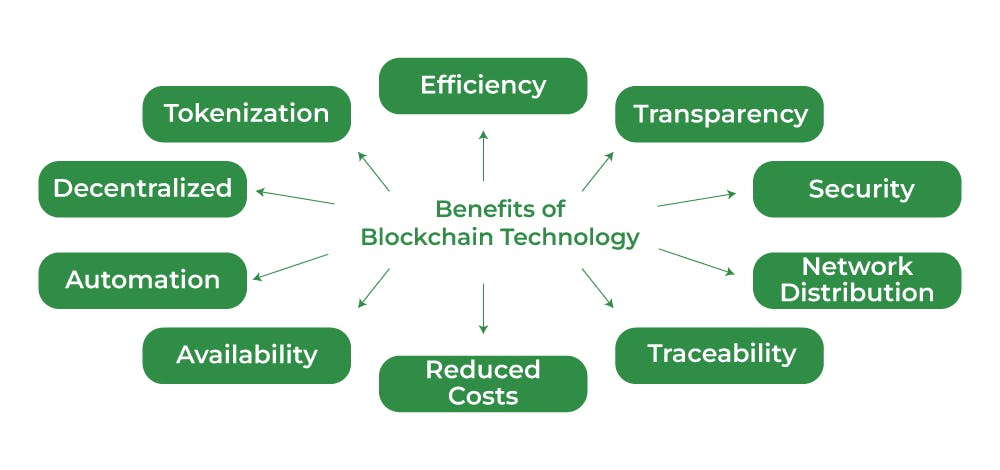
The adoption of blockchain technology offers a myriad of benefits for businesses, governments, and individuals alike. Improved transparency and traceability enable better accountability and trust in transactions, while the decentralized nature of blockchain eliminates single points of failure and reduces the risk of fraud or cyber attacks. Additionally, blockchain facilitates faster and more efficient transactions, reduces costs associated with intermediaries, and opens up new avenues for innovation and collaboration across industries.
Challenges and Considerations:
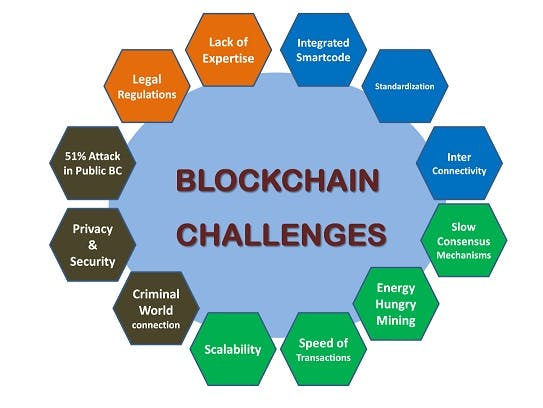
Despite its potential, blockchain technology faces several challenges and considerations that must be addressed for widespread adoption. Scalability remains a pressing issue, as current blockchain networks struggle to handle the volume of transactions required for mass adoption. Additionally, concerns regarding regulatory compliance, data privacy, and energy consumption raise questions about the sustainability and ethical implications of blockchain technology. Overcoming these challenges will require collaboration between industry stakeholders, policymakers, and technologists to develop scalable, secure, and sustainable blockchain solutions.
Future Prospects:
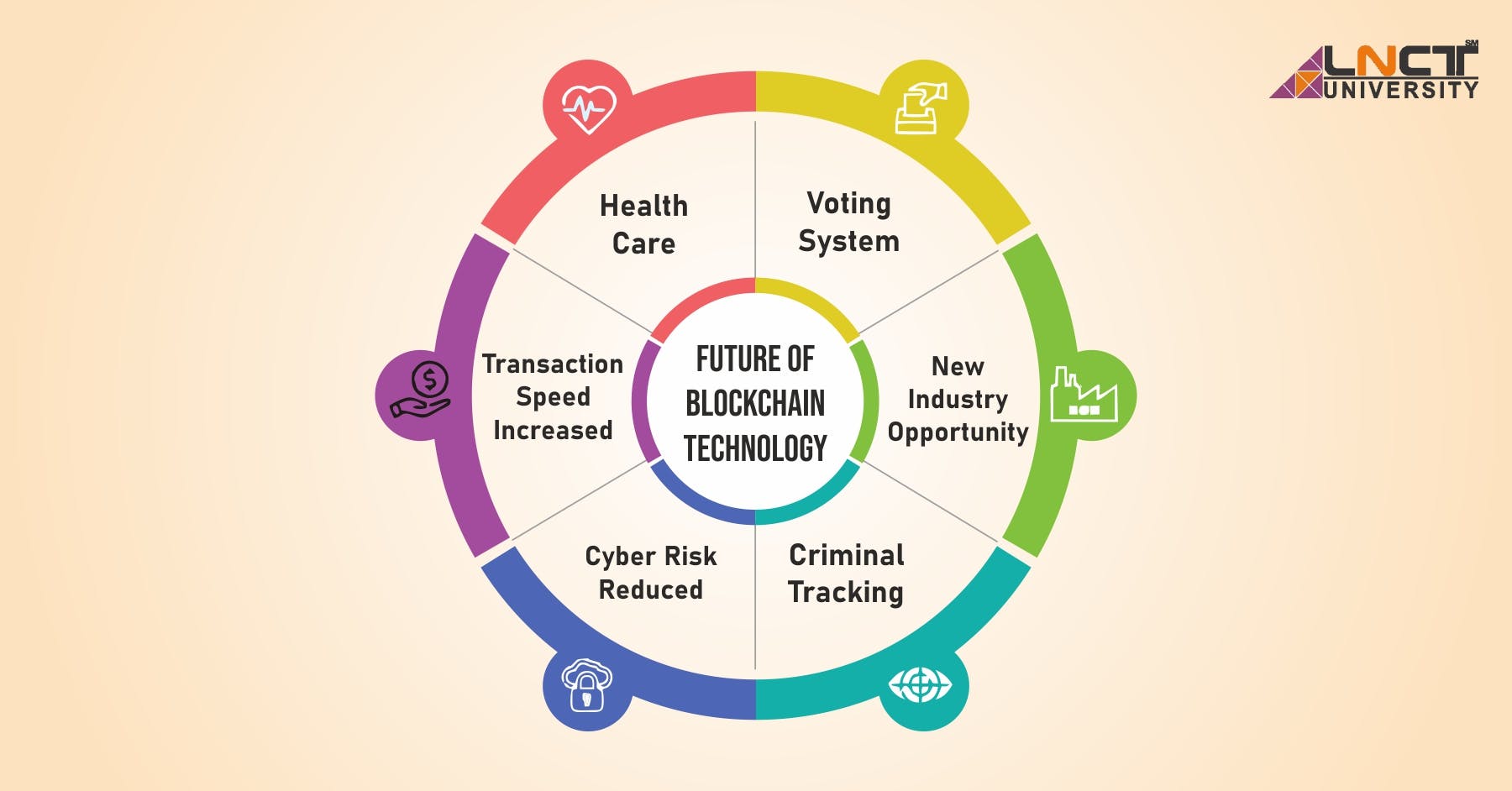
As blockchain technology continues to mature and evolve, its potential to disrupt traditional business models and empower individuals is virtually limitless. From decentralized finance (DeFi) and non-fungible tokens (NFTs) to digital identities and decentralized autonomous organizations (DAOs), the future of blockchain holds immense promise for reshaping the way we interact, transact, and collaborate in the digital age. With ongoing advancements in scalability, interoperability, and governance, blockchain is poised to become an integral part of the global economy and society at large.
Conclusion:
In conclusion, blockchain technology represents a transformative force that is reshaping industries, empowering individuals, and fostering innovation on a global scale. By enabling secure, transparent, and decentralized transactions, blockchain has the potential to address some of the most pressing challenges facing society today. As we continue to explore the possibilities of blockchain technology, it is essential to remain vigilant, critically evaluate its applications, and work collaboratively to overcome the challenges that lie ahead.
